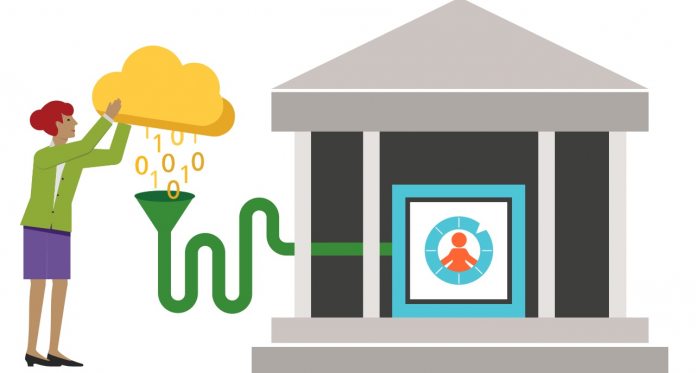Safer Internet Day promotes the responsible, respectful and positive use of digital and online technology on the Internet. In an age where consumers are increasingly anxious for their privacy, how can marketers be respectful of their data and build trust? The dignity of data could be the answer. We are going to explore.

February 11 is the safest Internet Day this year. It is a global celebration to inspire conversations about Internet safety. The occasion promotes the safe use of digital technology and work towards a positive Internet experience.
Why is privacy now a cause for concern?
With the digital revolution came the collection and use of data for a specific purpose. This data is a combination of granular details such as contact information, online browsing and session history, social media consumption, location history, and shopping behavior. You could also track patterns in what you read, listen to, order, etc.
Data is the fuel that has fueled digital engines to create precision personalized messages that can provide consumers with a better online experience; This includes relevant content, marketing messages, entertainment, shopping, etc. Anything a consumer does online is checked against their past and present data. context to serve what interests you most.
This lack of knowledge and choice about their data causes users to undervalue their data and creates anxiety about privacy, which fuels mistrust. Increasing surveillance, tracking and monitoring by governments and companies has also made privacy a hot topic.
With the digital devices, channels and tools that people have, that generate content and data, they like to have more control. Not just for the sake of control (alone) but mainly because they’ve been cheated. By companies, governments, organizations. For decades telling them how to buy, consume, communicate, look, behave and be.
What Is the Way Forward for Privacy
Strong privacy laws in the US, the EU General Data Protection Law (GDPR), new privacy regulations in Argentina and Brazil, and India that recognize privacy as a constitutional right are steps to give people control over their data.
The way forward is greater autonomy of personal data and allowing people to negotiate the terms of their data use, that is, with whom and how they want to share information and communicate. It is analogous to how people set limits in their personal “physical” space. It’s about the dignity of data in the online space.
“Privacy and data protection is part of the solution not the problems. At the moment, technology is controlled by humans Policy makers, technology developers, business developers, and all of us must seriously consider whether and how we want to influence the development of technology and its application. But equally important is that the EU urgently consider ethics and the place of human dignity in the technologies of the future. “
Conclusion:-
The dignity of data goes beyond the nature of the data, its ownership, consent and purpose. It is more about making the “unknowable” known and deriving a symmetric value from it. Based on this, marketers must now find ways to ensure the dignity of data for customers. On this Safer Internet Day, marketers can move toward creating an Internet that rewards consumers for the value they provide and builds symmetrical relationships of data and value exchange.



